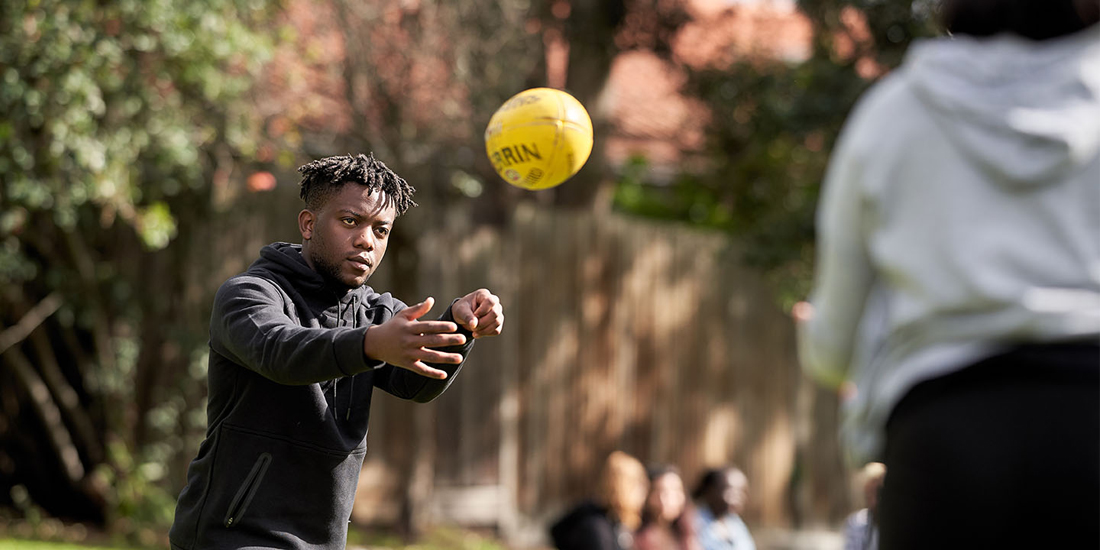
Researchers at Orygen are advocating a new model of intervention and a comprehensive mental health framework to respond to the mental health needs of elite athletes.
The proposed framework, published in Sports Medicine – Open, calls for early detection and intervention as part of a spectrum of care for elite athletes. At one end, this includes helping athletes to develop a range of self-management skills to manage mild to moderate forms of psychological distress. At the other end, embedding specialist mental health supports – such as clinical psychologists or psychiatrists – in sports is recommended for managing athletes with more complex or severe mental disorders.
Associate Professor Rosemary Purcell, who leads Orygen’s elite sports and mental health program, said equipping key stakeholders, such as coaches, sports medicine and high-performance support staff, to better recognise and respond to concerns regarding athletes’ mental health was also a key element of the framework; along with the need for multi-disciplinary teams to work together to enhance athletes’ mental wellbeing.
There is currently no comprehensive framework or model of care to support and respond to the mental health needs of elite athletes, she said.
“Our proposed framework recognises the impact of general and athlete-specific risk factors, and the need to engage key individuals who can identify and promote athlete mental health,” she said.
Risk factors specific to elite athletes include sports-related injury and concussion, performance failure, overtraining and unhelpful perfectionism.
“A comprehensive framework for mental health in elite athletes needs to not only consider the range of relevant risk factors across key career phases, but needs to identity factors that inhibit or facilitate the ability to effectively respond to athletes’ needs,” Associate Professor Purcell said.
“Key barriers include negative attitudes towards help-seeking amongst athletes, as well as greater stigma and poorer mental health literacy. Fear of the consequences of seeking help, such as loss of selection and lack of time, are also influential barriers for athletes with mental health concerns.
“To be best equipped to not only respond to, but prevent, athlete mental health difficulties, optimal frameworks need to look more broadly at factors within the elite sporting environment that may be contributing to poor mental health.”
Associate Professor Purcell said such factors could include negative relationships with coaches or parents, social media abuse or even financial pressures.
“Although we have seen an exponential increase in research interest related to athlete mental wellbeing, major service delivery and treatment gaps remain.
“If we are to respond comprehensively to the mental health needs of elite athletes, increased resources, research funding and evaluation and implementation of athlete mental health programs is urgently required.”